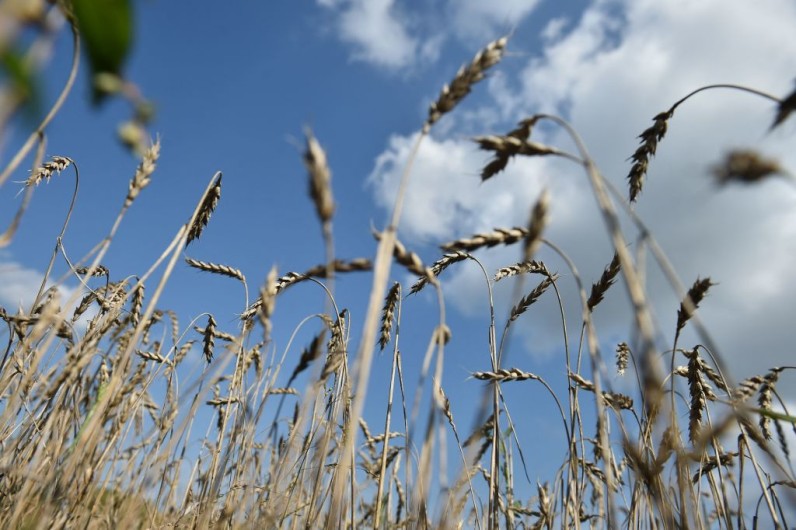
Russia's efforts to gain control over its grain industry, particularly due to global supply concerns, are raising eyebrows. According to Bloomberg, Western companies like Cargill Inc. and Viterra have scaled back operations in Russia due to government pressure, giving way to fewer firms, some with Kremlin ties, dominating the market.
The same consolidation accelerated after Russia invaded Ukraine, leaving just four companies responsible for three-quarters of grain exports from Black Sea terminals.
The move strengthens Moscow's influence over global wheat supplies and complicates the task of overseas traders in tracking market flows, especially amidst weather-related challenges to Russia's wheat crop.
Concerns in Russia's Grain Industry
Longtime owner Petr Khodykin revealed concerns about unfair treatment by agricultural regulators and alleged pressure to sell the company.
While Western traders still engage with Russian ports, accessing reliable information on crop volumes and conditions has become more challenging. This is mainly due to the absence of USDA staff in Russia, urging global crop forecasting to rely more on satellite data and local consultants, which may not provide accurate or timely information.
Despite these challenges, benchmark wheat prices have rallied recently, although they remain below 2022's record levels.
With fewer companies controlling a larger share of exports, Russia's grain sector can exert influence over global supplies. Since there are now few to no players in the market, the government can implement policies that affect prices and availability more effectively.
One such policy mentioned is the possibility of unofficial minimum pricing, where the government may set a floor price for grain sales, ensuring that prices don't fall below a certain level.
While Russia hasn't significantly disrupted its own supplies, as seen with gas exports post-war, the concentration of grain exports under a few players could have far-reaching implications for the world market.







Join the Conversation